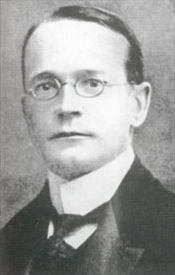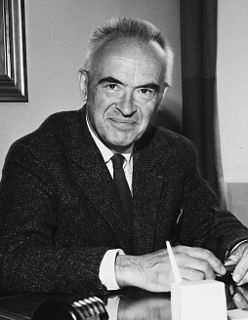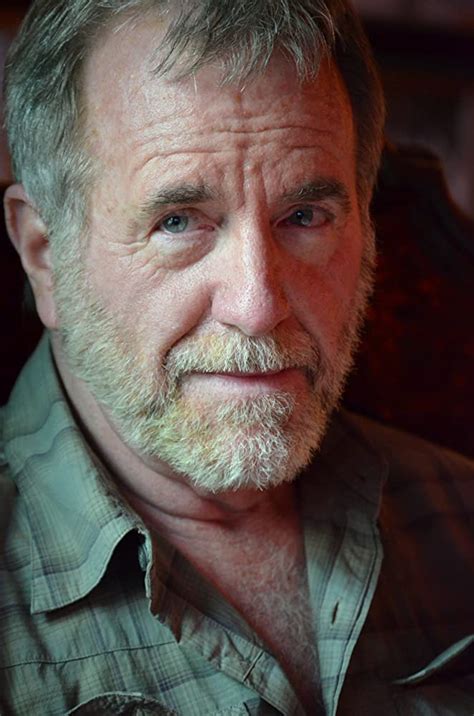A Quote by Albert Schweitzer
To the truly ethical man, all of life is sacred, including forms of life that from the human point of view may seem lower than ours.
Related Quotes
To the man who is truly ethical all life is sacred, including that which from the human point of view seems lower in the scale. He makes distinctions only as each case comes before him, and under the pressure of necessity, as, for example, when it falls to him to decide which of two lives he must sacrifice in order to preserve the other. But all through this series of decisions he is conscious of acting on subjective grounds and arbitrarily, and knows that he bears the responsibility for the life which is sacrificed.
The truly educated man is not a man who knows a bit of everything, not even the man who knows all the details of all subjects (if such a thing were possible): the “whole man” in fact, may have little detailed knowledge of facts and theories...but he will be truly in touch with the centre. He will not be in doubt about his basic convictions, about his view on the meaning and purpose of his life. He may not be able to explain these matters in words, but the conduct of his life will show a certain sureness of touch which stems from this inner clarity.
Evolution throws a wonderful light on all the struggles, eccentricities, tortuous developments of the human conscience in the past. It is the only theory of morals that does. And evolution throws just as much light on the ethical and social struggle today; and it is the only theory that does. What a strange age ours is from the religious point of view! What a hopeless age from the philosopher's point of view! Yet it is a very good age, the best that ever was. No evolutionist is a pessimist.
Promotion of health generally by improving the standard of living. From the health point of view we are in this connexion first and foremost interested in the three fundamental environmental factors: housing (including family life), nutrition, and working conditions (including human relations as well as material conditions).
Secular humanism does not have the essential attributes of a religion: belief in a deity, the wish for some sort of afterlife, sacred dogma or texts, or an absolutist moral creed. Instead, it expresses a philosophical and ethical point of view, and it draws upon the scientific method in formulationg its naturalistic view of the nature.
What I remember most from reporting both the stories are the women. Going into the first piece, I didn't have a super fixed idea about abortion. I'd helped a high school friend get to a doctor once. I always assumed that what a woman did was up to her. But I could also see the pro-life point of view that human life should be sacred in whatever gestational form.




































